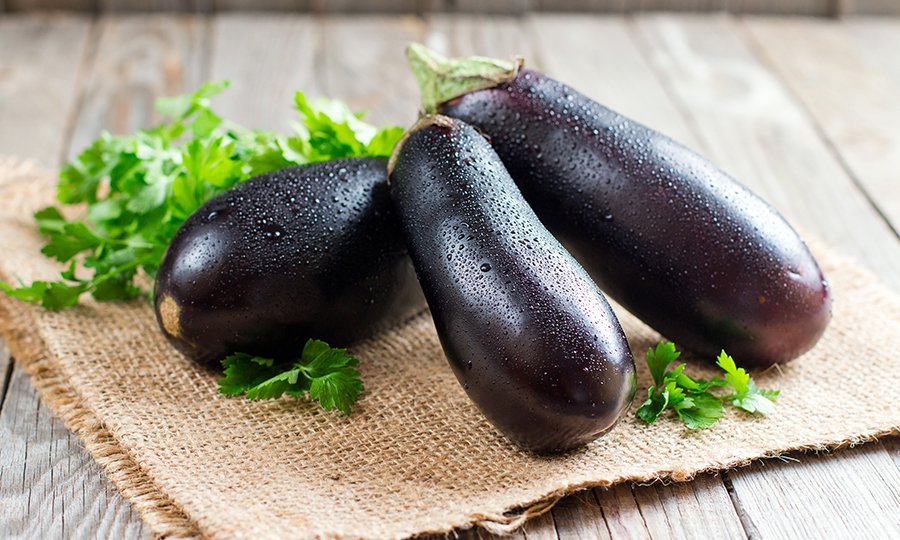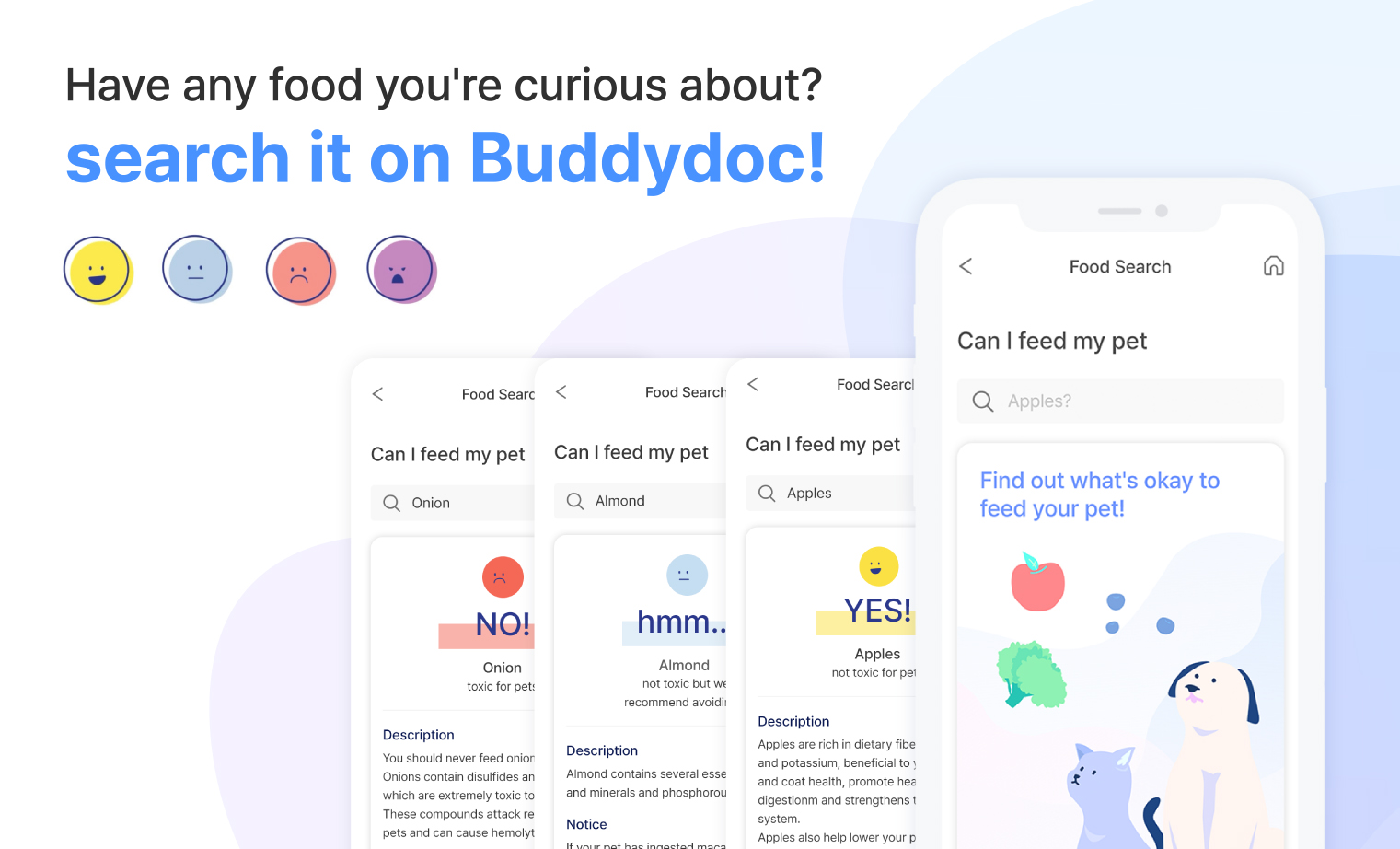FOOD
Can Dogs Have Eggplant? Is Eggplant Safe For Dogs?
페이지 정보
본문


Can dogs eat eggplants? YES!
Yes! Eggplants belong to the nightshade family and make for a healthy vegetable to feed your dogs. It is low in calories and high in fiber, which can help with weight management, and contains a variety of vitamins, minerals, and antioxidants that can support your pet's health. The best way to serve is by cooking the eggplant and cut into bite-sized pieces to share with your pet.
Health benefits of eggplant for dogs

Eggplants are low in calories and high in fiber, making them a great snack for those looking to manage their pet’s weight. They contain various vitamins, including B6, K, and folic acid, as well as minerals such as potassium and magnesium. Additionally, eggplants are rich in natural antioxidants, such as anthocyanin and chlorogenic acid, which can contribute to promoting overall health.
Eggplant nutritional facts for dogs
-
Fiber
Fiber aids in promoting a healthy digestive system for your pet, and can also assist in addressing issues such as diarrhea or constipation. Additionally, it can aid in weight management by creating a feeling of fullness.
-
Vitamins
-
Vitamin B6:Helps your pet's body produce red blood cells, hemoglobin, and insulin. It is an essential nutrient for the proper functioning of red blood cells and the nervous system.
-
Vitamin K:Helps with blood clotting.
-
Folate:Plays an important role in DNA synthesis and cell production.
-
-
Minerals
-
Potassium:It is an essential nutrient for kidney function and helps the heart and muscles to function properly.
-
Magnesium:Magnesium plays a crucial role in promoting muscle and bone development, as well as aiding in the absorption of calcium in a dog's body. Additionally, it helps to support muscle and nerve function and facilitates energy transfer throughout the body.
-
-
Antioxidants
It is rich in natural antioxidants such as anthocyanins and chlorogenic acid, which aid in brain function and lower blood pressure.
How to safely feed eggplant to dogs

Before preparing the eggplant, it is important to wash it thoroughly as dirt and pesticide residues may remain on the surface. It is also important to completely remove the leaves and stems of the eggplant as they contain solanine, which is toxic to dogs.
Eggplant is higher in oxalates than other vegetables. While it is okay to feed raw eggplant, it is often better to cook it as the oxalate levels can be reduced through heating. When cooking eggplant, it is best to prepare it by baking it in a pan or oven without the use of cooking oil or seasonings such as salt and pepper. Due to the structure of a dog's teeth, they may not chew properly, so it is important to cut the eggplant into small pieces to prevent choking in the throat or stomach. If the eggplant skin is too tough, it is recommended to peel the skin to avoid a choking hazard.
When introducing eggplant to a dog's diet for the first time, it is necessary to monitor for any vomiting, diarrhea, or allergic reactions after feeding a small amount.
Precautions when feeding eggplant to dogs
Beware of feeding eggplants to dogs with kidney or bladder problems
Eggplants have a higher concentration of oxalates than other vegetables. Oxalates can inhibit the absorption of calcium from the bloodstream and can lead to kidney and bladder stones in excessive amounts. Therefore, they are not recommended for individuals with kidney or bladder issues. Since oxalates decrease when heated, it is advisable to serve after it has been cooked. Other vegetables that are naturally high in oxalic acid include spinach, kale, beetroot, and quinoa.
Solanine poisoning in dogs
Like tomatoes, eggplant leaves and stems contain high levels of solanine. The stems and leaves should be completely removed before feeding.
Beware of eggplant food allergies
Eggplant belongs to the same nightshade family as tomatoes, so if your dog is allergic to tomatoes, your dog may have a similar reaction to eggplants. Allergic reactions can occur when a food is first introduced and can cause intolerance. It is recommended to give a small amount of eggplant to test and monitor for any signs of allergy. If your puppy shows any signs of an allergy, it is recommended to stop feeding and contact your veterinarian immediately.
Signs of an allergic reaction to look out for:
- Skin problems: hives, facial swelling, itchiness
- Digestive problems: vomiting and diarrhea
- Shortness of breath
Curious if you can feed your dog other foods besides eggplants?

Does your dog also look up at you with those puppy dog eyes whenever you are snacking on something? You know foods like chocolates should not be shared with them but do you search the Internet every time if it’s okay to share a bite of whatever you are eating? The Buddydoc Food Dictionary provides information on hundreds of foods that we consume and informs you whether it is safe for them to consume and the nutritional benefits for your pet. If you're curious about other foods, try searching on Buddydoc!













